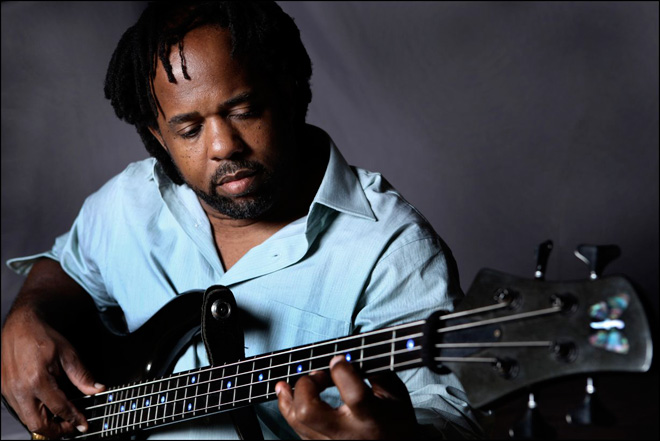You can read the first part of this article HERE
5. It can provide benefits to long-term memory.
Music's benefits to working memory and spatiotemporal faculties have been established with years of research. But evidence that music benefits long-term memory had eluded researchers. Until this year.
Heekyeong Park, from the University of Texas at Arlington, has found the first initial evidence that musical training provides benefits for some aspects of long-term memory. Park presented a group of classically trained musicians and a group of non-musicians with a memory test. She found that trained musicians could far better recall pictures, even though they experienced no benefits for verbal cues. She attributes the findings to the years musicians have spent pouring over musical scores, but she does not have enough data to say conclusively. She's currently planning to repeat the study with more musicians to confirm her findings.
6. It can actually cure tinnitus.
Loud music can give you tinnitus — that horrible ringing in your ears. Chronic tinnitus, which is often associated with age and hearing loss, causes listeners to hear long tones in the absence of any actual musical stimuli. It can be extremely uncomfortable and detrimental to functioning normally. This year, we learned that soft, carefully measured and modified music can take it away.
Music has already been proven to have major effects on cortical plasticity. And now researchers from the University of Münster have found that they can effectively use music on patients to reorganize their auditory cortices to eliminate those ghost tones. Patients listened to music that had been altered to remove tinnitus frequencies for two hours a day for three months. And by the end, the listening training drastically reduced the frequency and severity of their tinnitus. Researchers also found the process of maladaptively reorganizing the cortex is an entirely different mechanism than the reorganization that occurs from focused listening. Musical training can be beneficial for the young as well as the old.
7. Listening to music about alcohol makes people more likely to drink.
Researchers from the University of Pittsburgh and Dartmouth College surveyed our lyric-based stance on substances. They found that the average youth listens to 2.5 hours of popular music a day, and in that window, they're hit with eight mentions of alcohol brands. In a second survey, they found subjects between 15 and 23 years of age who liked songs with alcohol mentions were three times more likely to have had a drink and two times more likely to have binged, compared to participants who didn't like those songs.
"A surprising result of our analysis was that the association between recalling alcohol brands in popular music and alcohol drinking in adolescents was as strong as the influence of parental and peer drinking, and an adolescent's tendency toward sensation-seeking," said Brian Primack, the study's lead author. Our music is giving us drinking probems.
8. Science discovered why talented musicians are so damn sexy.
Benjamin D. Charlton, at the University of Sussex, decided to investigate Charles Darwin's belief that our instinct toward making music is fundamentally all about attracting mates. His study was decided one-sided gender-wise, focusing only on men's attempts to woo women, but he found something truly striking: Darwin was sort of right.
He had 1,465 women listen to four different classical piano pieces of varying levels of complexity, asking them to determine which composer they imagined they would most like to sleep with. Women at the peak of their menstrual cycles were overwhelming drawn to the composer of the most complex piece. Women not at that point in their cycles showed no preference.
Interestingly, these findings only applied to brief flings. None of the women showed any preference in terms of wanting to settle down with one composer over another. Of course, this study doesn't touch on men's reactions to female musicians. But that's a study for 2015.
Info from Music.Mic

